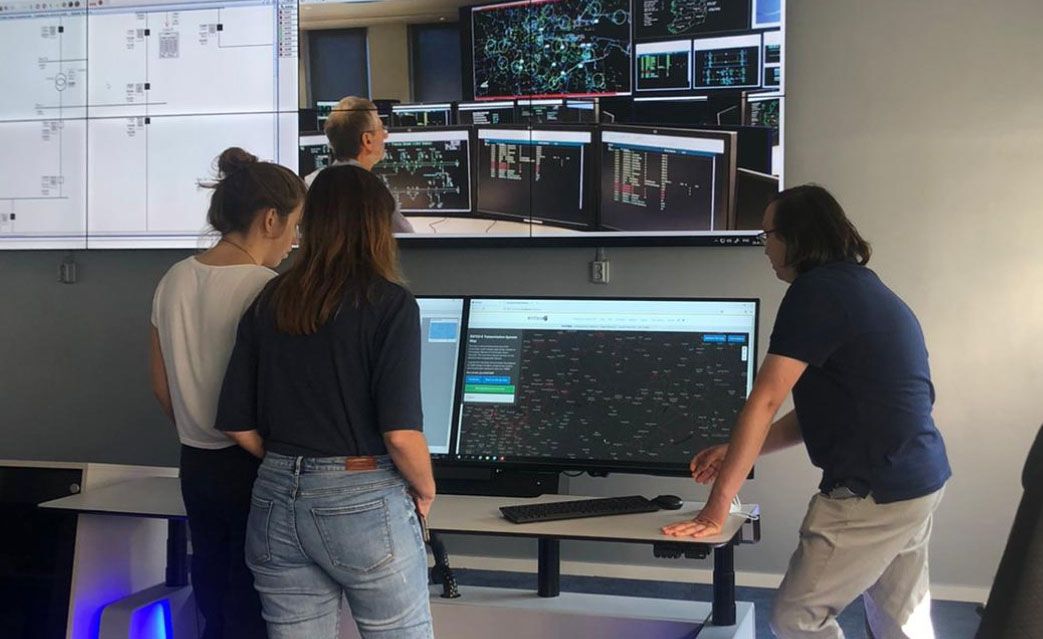IDCA News
All IDCA News
26 May 2022
New lab seeks to enhance cybersecurity in digital power grids
Electricity grids around the world are being digitalized. In addition to bringing many benefits, this also introduces new threats and risks. Solar and wind farms, for example, are generating an increasing amount of electricity that is entering the digital power grids. This will make the networks more unstable. Using more digital technologies, however, also poses a number of cyber security challenges. Researchers and industry can test new solutions for both challenges in a new lab known as Control Room of the Future (Crof).
Crof was launched at the Technical University of Delft in The Netherlands. The lab's mission is to make electricity grids digitally resilient. The rResearchers can study, develop, and test new energy management technologies in smart electricity grids at the research facility. Cyber security is high on the list of priorities of the lab.
Many electrical networks face major problems as a result of the rapid transition to sustainable energy. How resistant are power grids to new wind farms coming online? If millions of solar panels are being installed by homeowners, how do we keep the grid stable? Will everyone be able to charge their electric cars in the future? To keep the grid stable, how can we use energy storage capacity, such as batteries, in large industrial facilities or data centers?
Digital twin
All kinds of scenarios can be tested in the lab using a digital twin or a virtual copy of an electricity network. New operational technologies are being tested in a newly-created control room, from innovative energy management systems developed by universities to hardware and software solutions developed by industry partners like Siemens and General Electric that are part of Crof's industry ecosystem. In addition to running simulations of new technologies in the lab, it will also be able to run real-time scenarios.
In the future, artificial intelligence and machine learning will play a significant role in shaping electricity grids. Automation and intelligence are becoming increasingly necessary as electricity grids become more complex. The lab envisions AI as an autopilot that runs a grid most of the time with thresholds that cannot be crossed and may require human intervention. Will it be possible, for example, to have an AI engine work with the energy storage systems of data centers in order to temporarily store electricity in or retrieve electricity from their batteries for a very short period of time, often with no time to notify the operations staff of such a data center? The lab will also test the use of virtual reality for interacting with the massive amounts of data generated by grids.
Cybersecurity
Since electricity grids are becoming more digital, cybersecurity is also becoming more important. Recently, power grids in many countries switched from analogue to digital communications. This is true even in substations. If only a few transmission lines are sabotaged, other lines will pick up the electricity flow, become overloaded, and automatically disconnect under certain stress conditions. Cyber attacks can cause malfunctions that then lead to a chain reaction impacting the power infrastructure of entire countries or continents.
Photo credit: Crof
Follow us on social media: